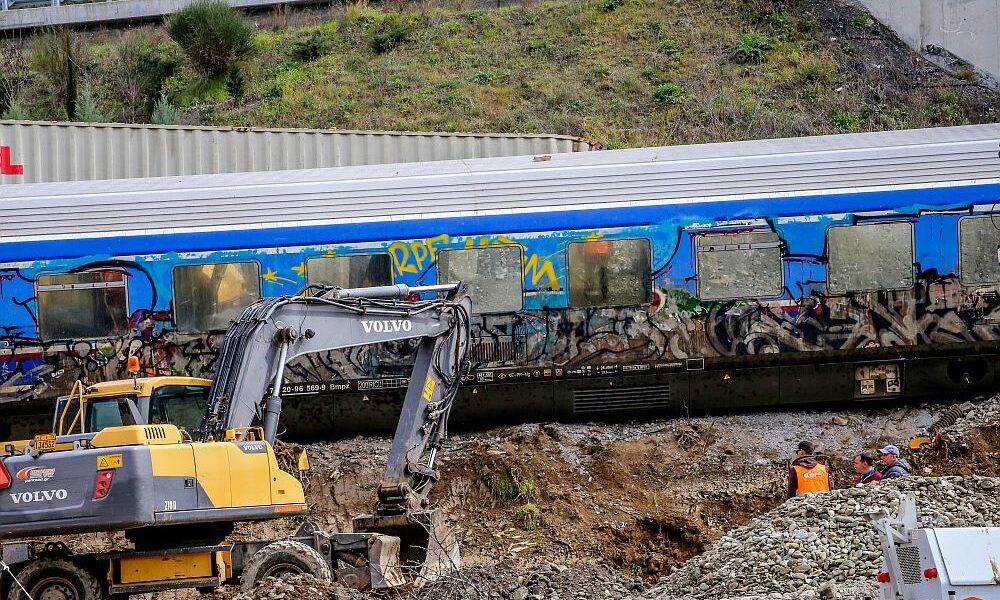Greece will face transportation disruptions on Wednesday as workers walk off the job on the first anniversary of the country's deadliest train crash. The tragedy, which killed 57 people in 2023, sparked outrage over perceived neglect towards the rail sector.
Remembering the Tragedy:
On February 28, 2023, a passenger train heading from Athens to Thessaloniki collided head-on with a freight train. The incident ignited mass protests, with many blaming decades of insufficient infrastructure and maintenance for the disaster.
A Day of Strikes:
On Wednesday, protests will resume as rail workers join a broader 24-hour strike organized by Greece's largest public-sector union, ADEDY. The union, representing around half a million workers, includes seafarers, school teachers, and various public servants.
"One year on, we haven't forgotten," ADEDY declared in a statement. "We remain committed to holding those responsible accountable and ensuring such tragedies are never repeated."
Seeking Accountability and Improved Conditions:
Currently, a judge is investigating the case, with a potential trial planned for June. However, survivors and families of victims demand accountability from politicians, who currently lack legal repercussions for lapses in safety measures.
Additionally, workers are critical of limited pay rises offered after fourteen years of stagnant wages in the public sector. They advocate for a 10% increase across the board alongside additional staff to address worker shortages.
Greece's Post-Crisis Landscape:
Following a lengthy debt crisis, Greece received three international bailouts in exchange for imposing strict austerity measures, including wage cuts and public sector benefit reductions.
Since taking office in 2019, the current government has aimed to mitigate these effects, raising the minimum wage by 20% and pledging further increases to reach 950 euros by 2027. However, the average monthly salary in Greece still falls short of the European Union average.

